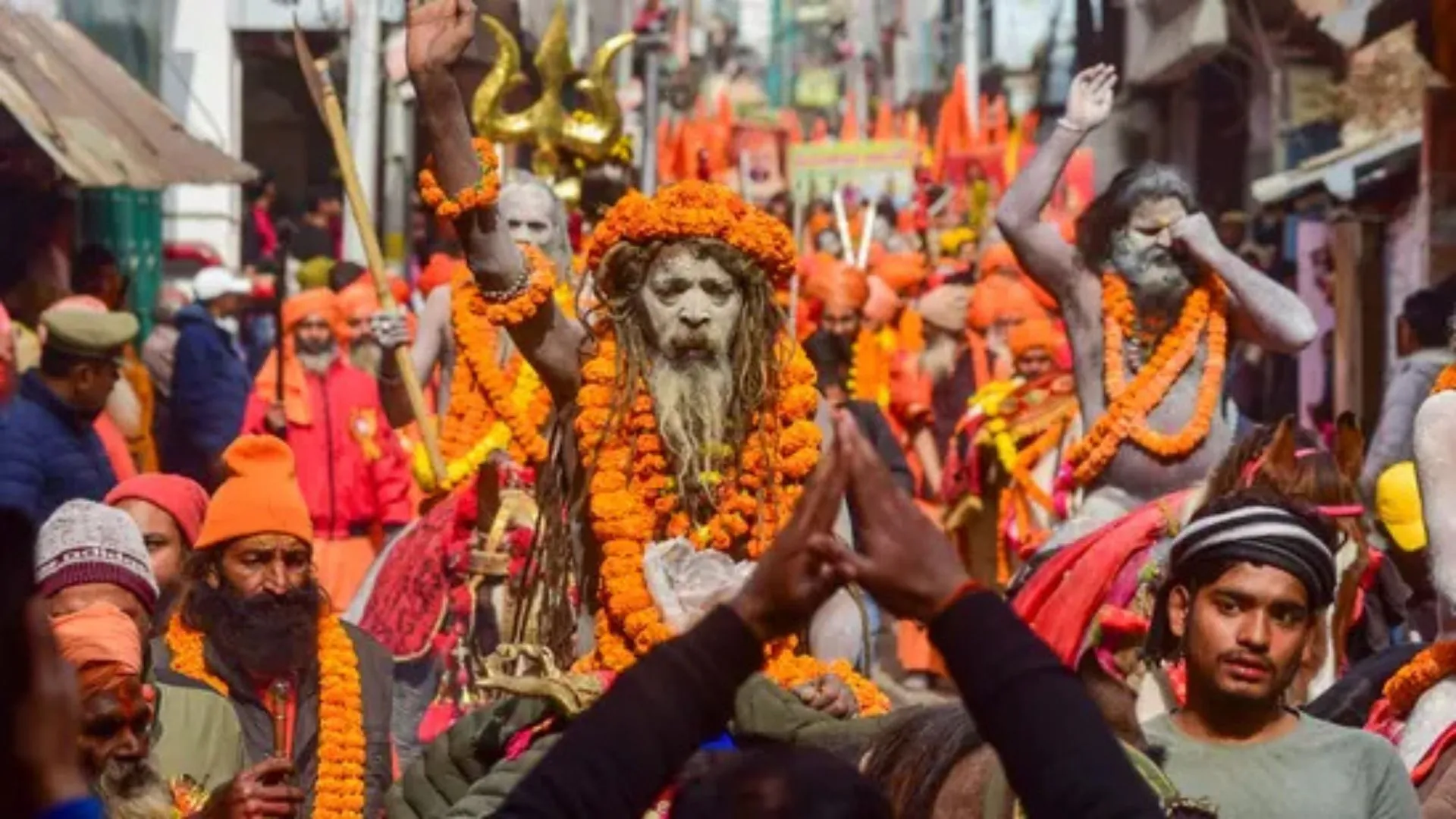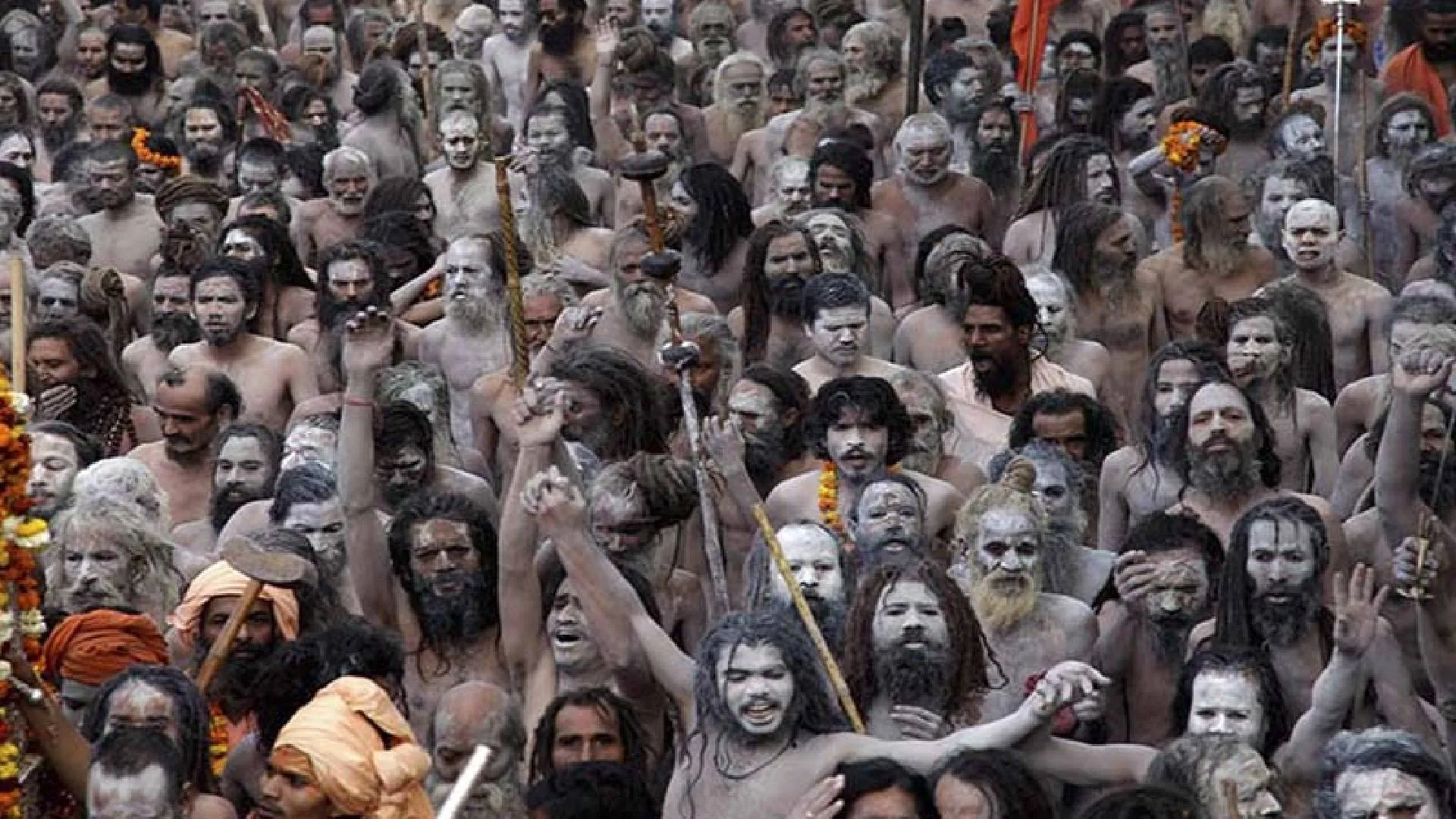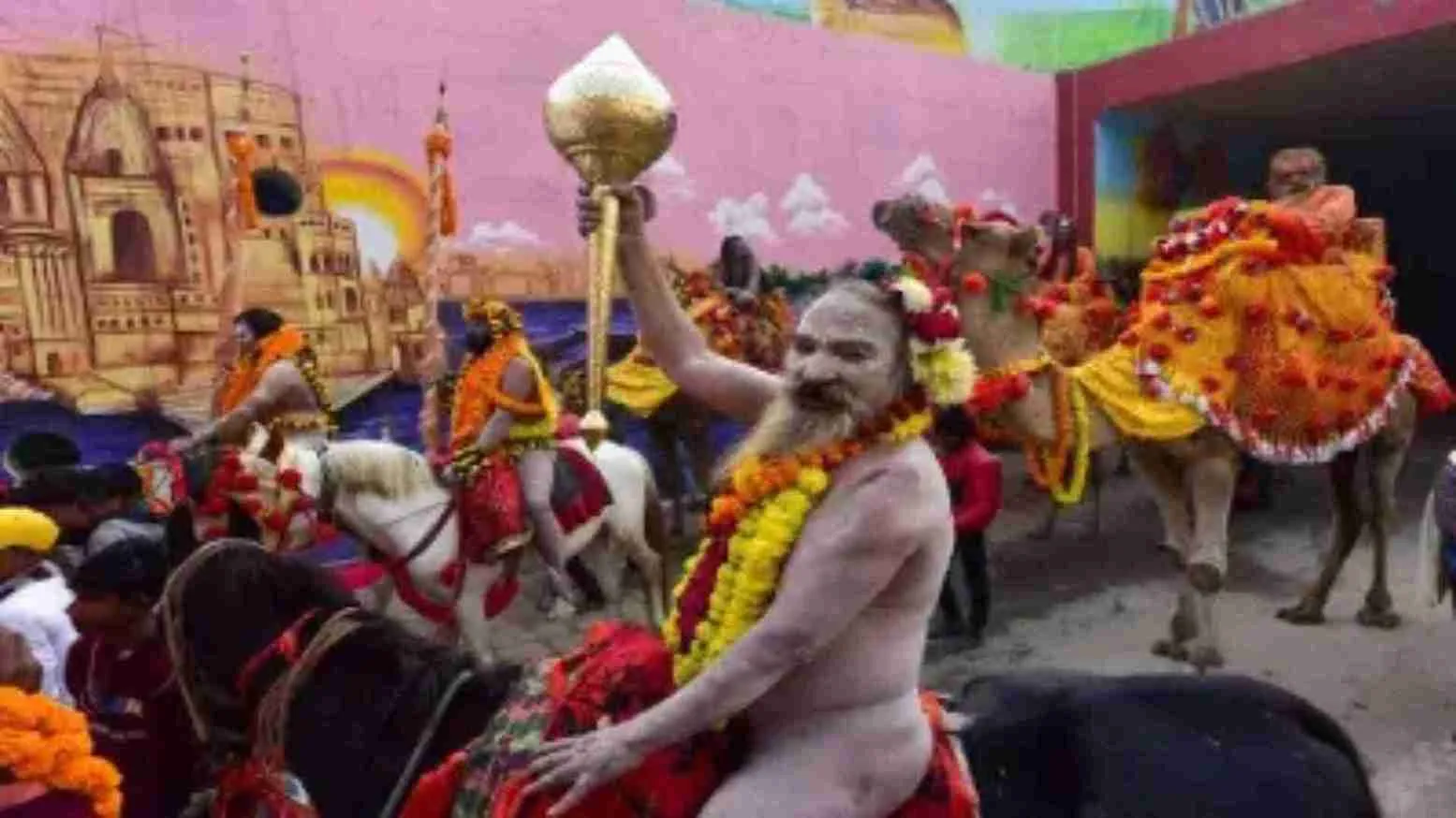Are human beings essentially good in character? Is love a fundamental principle in creation? Or is there truth in the concept of ‘original sin’, which has played a big part in much religious thought?
On first glance, it might appear that these two ideas are opposites. In fact, both are true, but each applicable in its own time. There is truth in the ‘original sin’ concept but it only becomes useful when seen alongside our ‘original goodness’.
Four fundamental teachings of the Brahma Kumaris help to illuminate the answer to this very old debate about goodness and sin within humanity.
The first is that spirit, or consciousness, is the deepest reality, and the material world is a secondary phenomenon. In this view, now gaining support at the frontiers of science, the world we experience is a consequence of consciousness, not a cause of it. Cosmologist and physicist Jude Currivan writes: ‘Everything that manifests in the physical world emerges from deeper and ordered levels of non-physical and in-formed reality.’ Or as the renowned Oxford psychiatrist and author Iain McGilchrist puts it: “Consciousness is the stuff of the cosmos.”
A second, vital understanding is that from those “deeper and ordered” levels, nature is putting on a play. It has a beginning, middle and ending, but it runs in an eternal loop, or cycle: the end gives rise to the beginning.
Through our bodies, we act out our unique roles on the stage of the physical world. But we too are consciousness, not primarily physical beings. This means that although there are times when we are ‘off-stage’, each one of us is also eternal, like the play.
Our state of being, however, does change. Nature creates a perfect world, in which our original goodness manifests. But over time, we lose sight of our spiritual essence, the wellspring of our love and happiness. We try to fill the gap left by this loss by indulging in physical satisfactions, and in particular by making demands on others. The result is that our consciousness becomes increasingly trapped by matter.
This loss of awareness is what theologians have described as ‘original sin’. However, just because goodness is not so much in evidence today, it does not mean there was never a time when everyone and everything in the world was good.
This third strand in understanding ourselves is immensely liberating, because it means we have the potential for perfection within us. Violence and suffering are a consequence of defects that entered our character over the course of the play, but they are not intrinsic to us.
Fourthly, and pivotal to the whole plot of the play, God does exist. Not as an old man in the sky, but as the force of love, who comes on stage when the actors are exhausted, and desperate to taste their original goodness again. God is a being of pure and unadulterated consciousness. He reminds us how to live with love.
Desires have taken us far from our original goodness, but humans have not always been in this state, and we do not have to stay that way.
St Augustine, an early Christian, wrote: ‘In regard to mankind I have made a decision. On the one side are those who live according to man; on the other, those who live according to God.’
As I continue to practice meditation and enjoy an ever-deepening relationship with the Supreme Being, I find myself more and more able to ‘live according to God’, and know the reality of my original goodness.
Neville Hodgkinson is a UK-based author and journalist, and a long-time student of Rajyoga.























